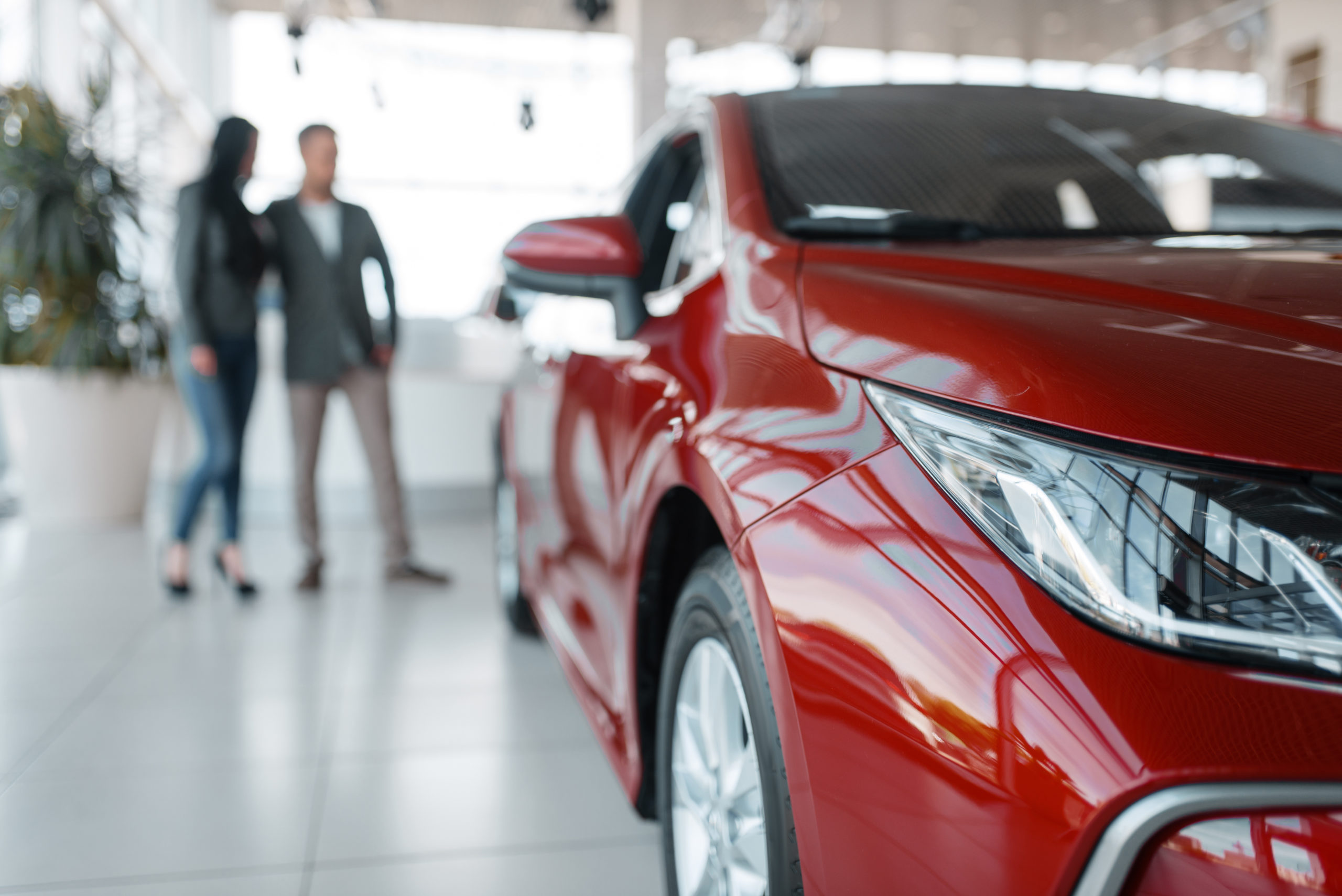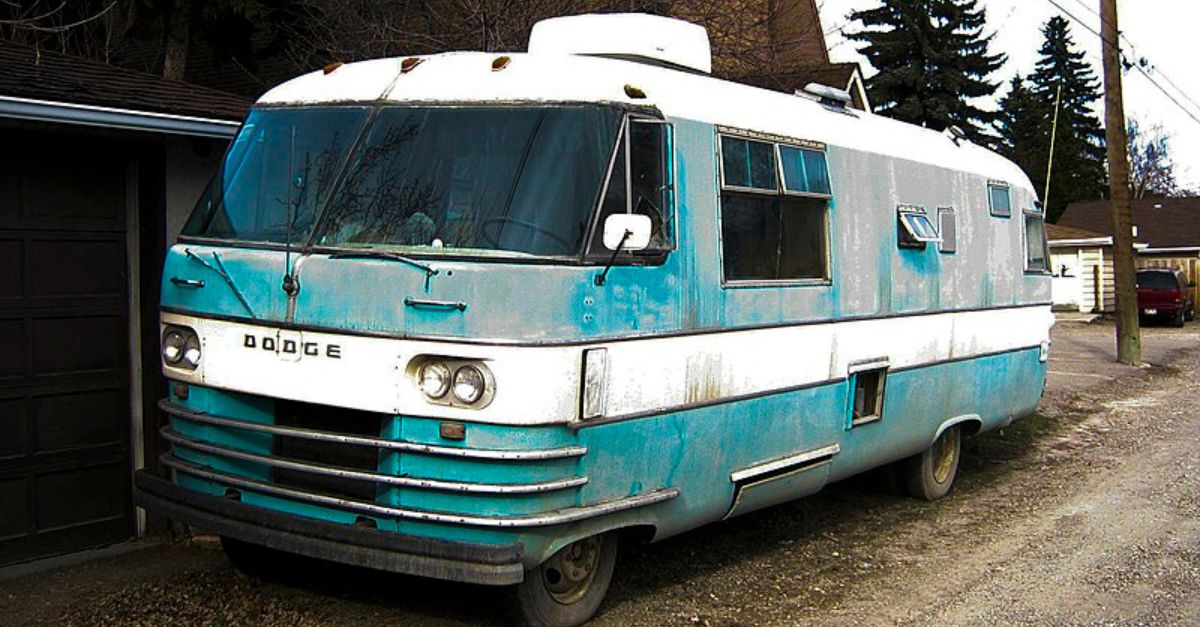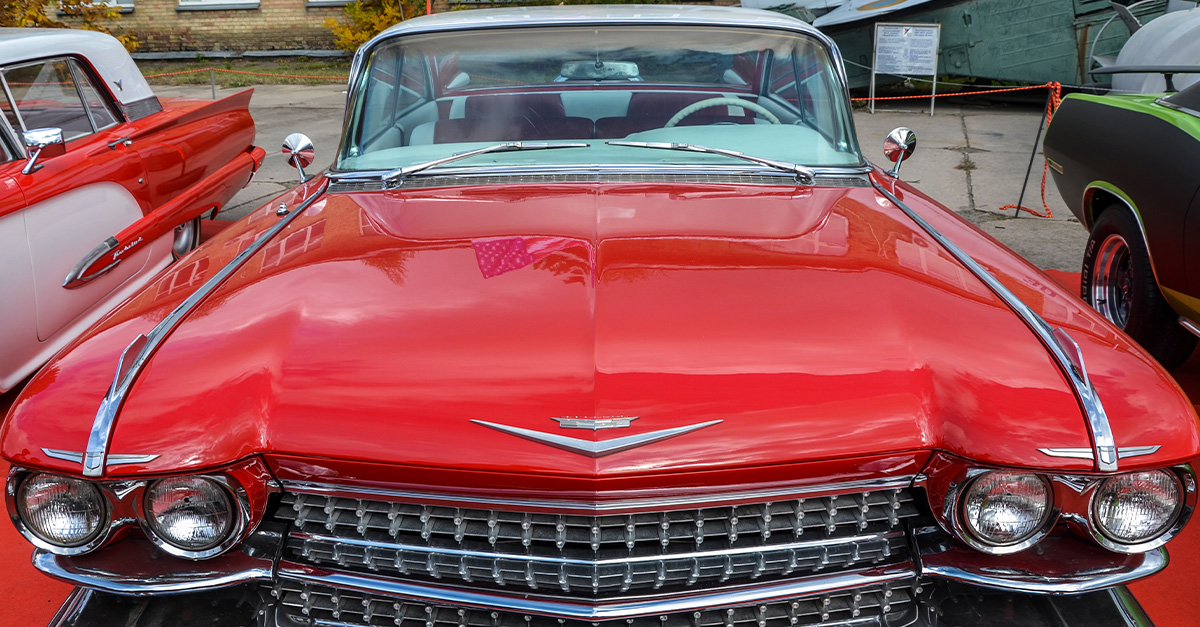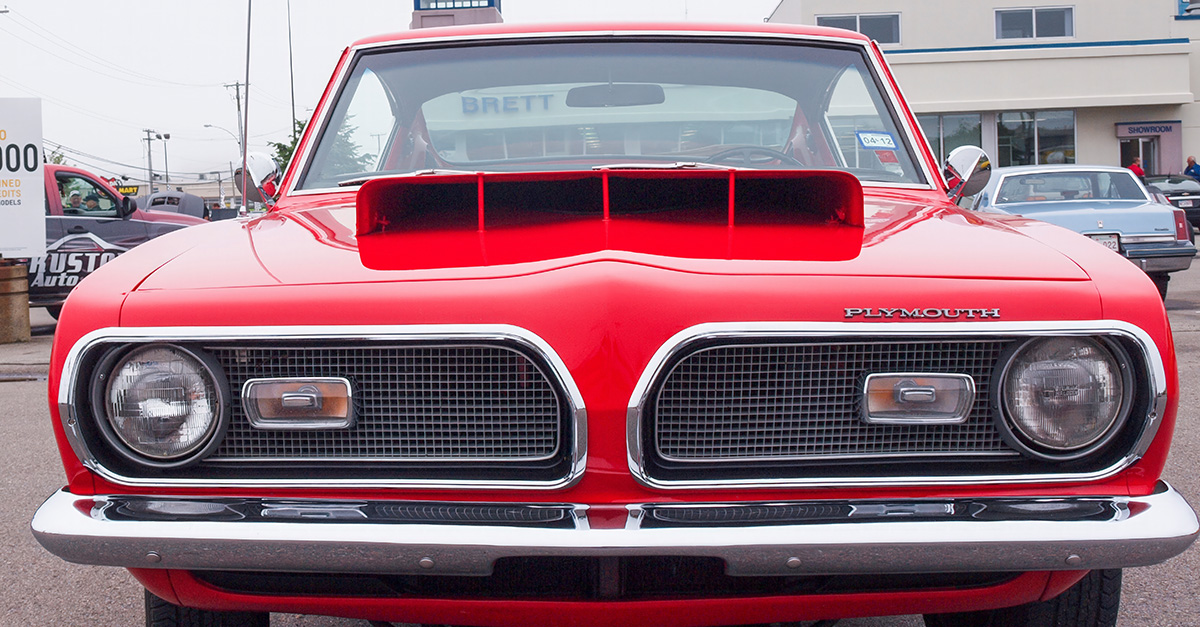Owning a car can get really pricey, really quick. If you want to get the best out of your new ride and keep it in mint condition for years down the road, then there are some important expense factors to consider. Before you get your next vehicle, check out this guide for a better idea of what to budget for.
Initial Price and Interest

Over the last couple of years, there has been a significant increase in the price of cars. With new cars going for upwards of $50,000 and the average used cars pricing out at about $35,000, car ownership is a costly endeavor right from the start. Make sure you budget not only for the initial cost of the vehicle, but also any extra taxes and licensing fees. If you are leasing a car, double-check your finances to make sure that you can afford all your monthly payments—and don’t forget to factor in potential interest rates. Going over all your financial details may seem tedious, but you don’t want to end up spending more than you can afford.
Fuel Costs
Since the cost of gas is always changing, you will need to have a flexible budget for fuel. Luckily, there are a couple of things you can do to determine possible fuel costs. Look at the average price range for gas in your area and consider that alongside your car’s fuel efficiency. Cars with better fuel efficiency consume less gas for each mile you drive, which will ultimately help you save money. To calculate your fuel costs, divide your yearly mileage by your vehicle’s number of miles per gallon. Then, take that sum and multiply it by the cost of gas. That will give you a better idea of how much you should budget toward fuel expenses.
Maintenance Costs
Regular maintenance is important for keeping your car running smoothly, but it might cost more than you think. Depending on the age and condition of your vehicle, maintenance costs can add up to thousands of dollars every year. To figure out a good budget for these important expenses, think about all the regular and unscheduled maintenance that your car might need. Regular maintenance includes things like tune-ups, oil changes, and tire rotations. When thinking about unscheduled maintenance, consider the cost of replacement parts and unexpected repairs. It's also wise to give your maintenance budget a little extra padding for things like windshield wipers, brakes, batteries, and lightbulbs.
There are a lot of expenses that come with owning a car. But with a little forethought and good budgeting, you can enjoy your new ride without breaking the bank.







